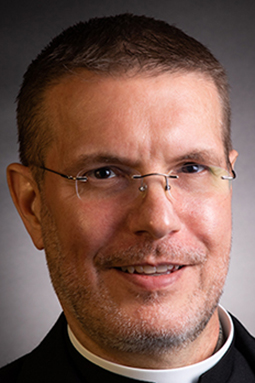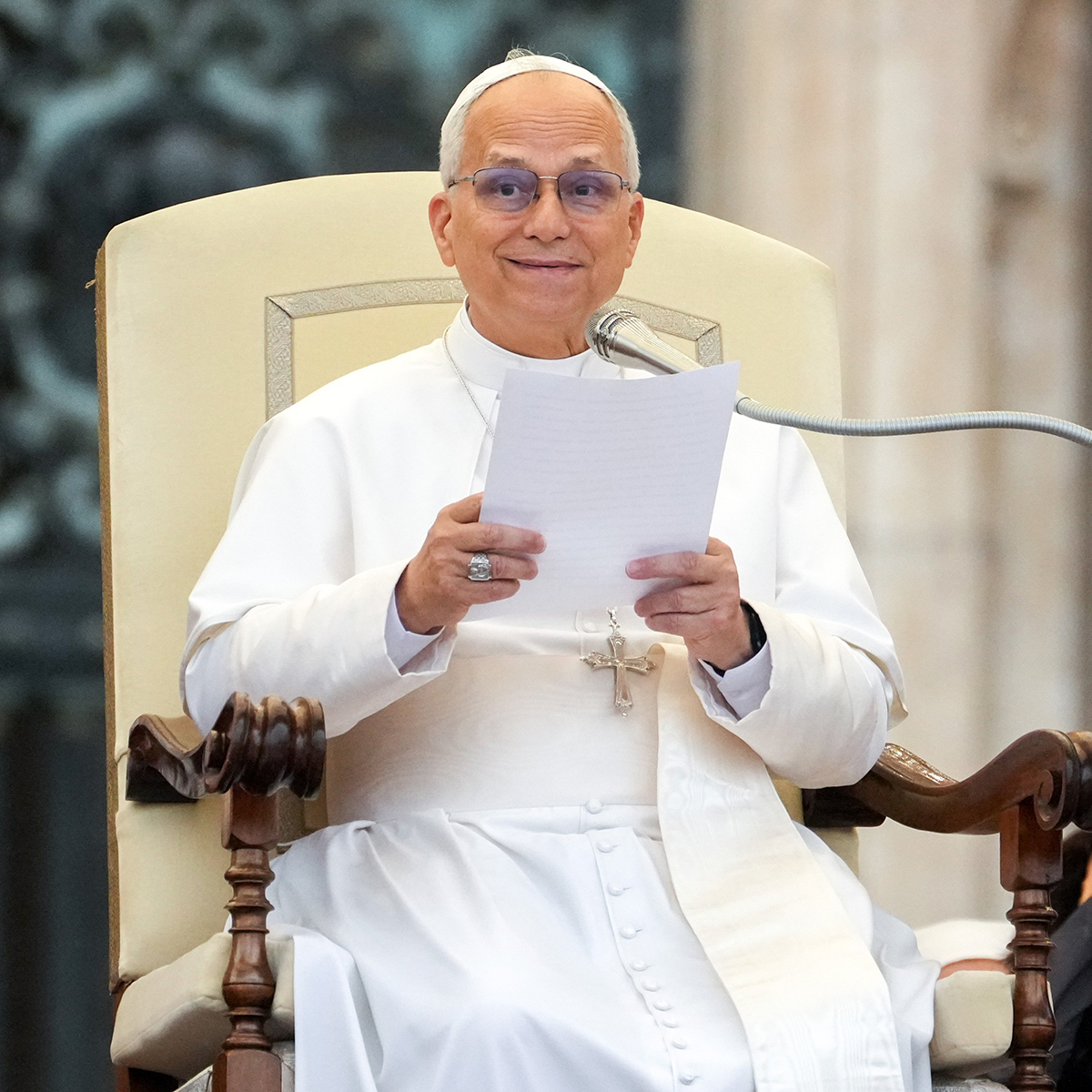DEAR FATHER | Following God’s will for our lives is the surest path to holiness
Religious life and priesthood used to be presented as “superior” to marriage. Is that still the case?

When I was a teenager my pastor gave me a copy of the old Baltimore Catechism. In the section on vocations there were two drawings: One of a couple at their wedding, the other of a nun writing on a blackboard. Under the marriage picture were the words: “This is good.” Under the picture of the nun were the words: “This is better.” At the time I had no reason to question the catechism, although I remember wondering why marriage was seen as inferior to celibate vocations.
There is certainly a history of “ranking” vocations that dates back to the New Testament. In the Gospel of Matthew, Jesus speaks of some people “renouncing marriage for the Kingdom of Heaven,” and that “whoever can accept this ought to accept it” (Matthew 19: 10-12). In 1 Corinthians 7, St. Paul states that it is better for an unmarried man or unmarried woman to remain so, “for an unmarried man is anxious about the things of the Lord, how he may please the Lord, whereas a married man is anxious to please his wife, and he is divided” (1 Corinthians 7: 32-33). At the same time, Paul admits that he has received no instruction from the Lord, but is giving his own opinion “as one who is trustworthy.” He states that it isn’t a sin to marry, but those who are married will experience much affliction, “for time is running out.” (In the same chapter Paul says that slaves shouldn’t be too concerned about gaining their freedom, again, because he believed the second coming was imminent.) In fact, throughout 1 Corinthians 7, Paul’s main point is that no one should change his or her state of life unless necessary, since there was little time left before Christ’s return.
In the Middle Ages and early modern period, priesthood and religious life were held up as superior to marriage, not so much for the sake of the second coming, but because a whole theology had developed around celibacy as a total and radical commitment to God. St. Thomas Aquinas stated that virginity was higher than marriage due to the example of Christ and His mother. The Council of Trent went so far as to say that if anyone says “that marriage is preferable to remaining in virginity or celibacy, let him be anathema” (Trent 24.10). That line of thinking prevailed into the 20th century, with celibacy presented as a closer imitation of the life of Christ.
While it is true that consecrated celibacy offers a greater opportunity for prayer and focusing one’s life on direct service to the Kingdom of God (and, in that narrow sense, could be seen as “higher”), it is also true that the Church’s understanding of the sanctity of marriage has continued to grow and deepen. Especially since the Second Vatican Council, marriage and family life are seen as the “domestic Church” and a reflection of the life of Jesus, Mary and Joseph. Furthermore, spousal love is a reminder that “the entire Christian life bears the mark of the spousal love of Christ and the Church” (Catechism of the Catholic Church, 1617). Marriage and celibacy witness to the same reality, the nuptial feast of heaven. They aren’t in competition with each other, but work hand-in-hand.
Rather than focusing on the superiority of one vocation over another, as a modern Church, the emphasis has shifted to the radical nature of baptism. When we are baptized, we are consecrated to God body and soul, and from that moment on, we belong entirely to Him. In other words, baptism is the most radical act of our lives, the ultimate surrender of self. Following our baptism, our goal should be to discern how God calls us to live out our baptism radically by following the vocation He has given us. When we live entirely for Christ in our own state of life, then the question of superiority of vocation becomes moot. Following God’s will is the surest path to holiness and is the highest way we could possibly live.
Father Scott Jones is the episcopal vicar for the Northern Vicariate of the Archdiocese of St. Louis.
Religious life and priesthood used to be presented as “superior” to marriage. Is that still the case?
Subscribe to Read All St. Louis Review Stories
All readers receive 5 stories to read free per month. After that, readers will need to be logged in.
If you are currently receive the St. Louis Review at your home or office, please send your name and address (and subscriber id if you know it) to subscriptions@stlouisreview.com to get your login information.
If you are not currently a subscriber to the St. Louis Review, please contact subscriptions@stlouisreview.com for information on how to subscribe.





